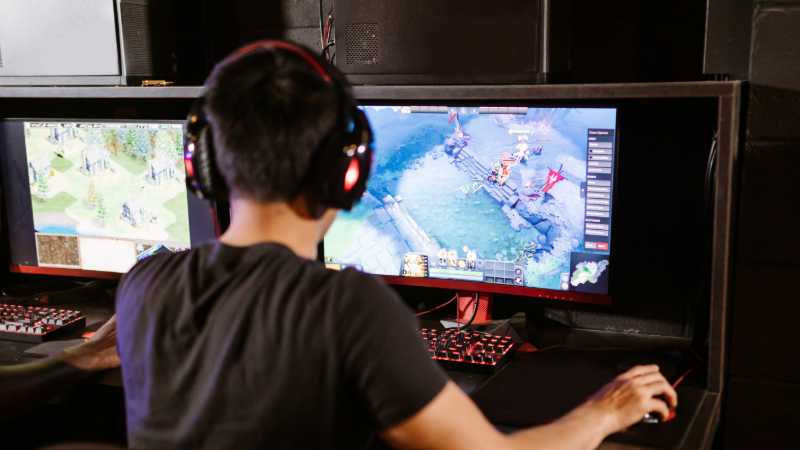Published on: 02/09/2022
Brazillian esports team Loud launches NFT-focused platform

One of the largest esports organizations in Brazil, Loud, has launched Spacecaps to focus on providing its fans with Solana-powered NFTs and crypto games.
SERIO💚💚💚 pic.twitter.com/kdStur6qQw
— LOUD 🇧🇷 (@LOUDgg) August 28, 2022
Other esports teams such as OG, Team Vitality and Team SoloMid have made forays into blockchain technology in the past through brand partnerships, NFT drops and metaverse events. However, these teams are still losing money and are reliant on sponsorships to continue operations.
With that in mind, Loud co-founder Matthew Ho said that Web3 aims to offer esports organizations and fans better, more mutually beneficial ways to interact.
“We started identifying ways in which we can go direct to consumer, and create experiences that would directly add value to our audience,” said Ho, quoted by Decrypt.
“… in doing so, allow us to find a more sustainable way towards monetization and solving this massive issue that you have within the realm of esports organizations’ business models,” he explained.
The demographic is one of the reasons Ho thinks cryptocurrency will be widely accepted in Brazil. According to him, the gaming audience is mostly unbanked and there are a lot of unstable, local currencies in Latin America. This makes cryptocurrency “a much more valid space for their holdings” than traditional methods such as banks and more widely accepted as a whole compared to the West.
That positive sentiment towards cryptocurrency extends towards NFTs and crypto-based gaming, giving Ho confidence that Loud’s push to Web3 will be successful.
“We’ve been able to find all of the signals to keep pursuing and chasing [down] this rabbit hole,” said Ho.
Spacecaps’ goals
One of Spacecaps’ goals is to increase fan engagement with the brand. To that end, Spacecaps will give fans the opportunity to become creators for an in-development platform and offer tangible rewards for activity.
The incentives could range from free food, a car, to crypto-related rewards. A key part is that the incentives offered do not require prior crypto experience to maximize accessibility.
“They continue engaging with our content as they normally do, but in doing so, they’re leveling up and getting rewarded for it,” said Ho about the platform. “Fans are now incentivized to collect these Loud and team-based NFTs, which actually accelerates their progression and opens them up to more rewards.
Another planned Spacecaps project is a customized Grand Theft Auto role-playing server where players can interact with others in a shared online world. The server will be modified to include Solana-based NFT versions of various weapons and vehicles which can be traded among the player base.
While Latin America has an audience that is receptive to cryptocurrency, co-founder of Web3 venture firm Patron Jason Yeh asserted that Ho’s approach to Web3 integration could extend to audiences outside of the region.
Yeh said that the way Loud is presenting its crypto projects makes fans more likely to give the company a chance.
“They’ve presented it in a way where it actually adds value directly to how fans are engaging. I don’t think that’s necessarily specific to Brazil or Latin America,” he noted.
“If you can actually demonstrate real value to your users and give them a good experience, then there shouldn’t be this dislike for something just because of the technology it’s using.”
-
Gaming // 2022-09-02
Laguna Games announces four new mobile titles



